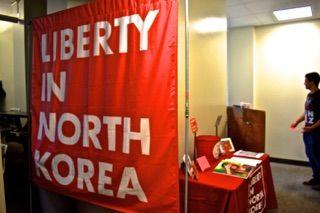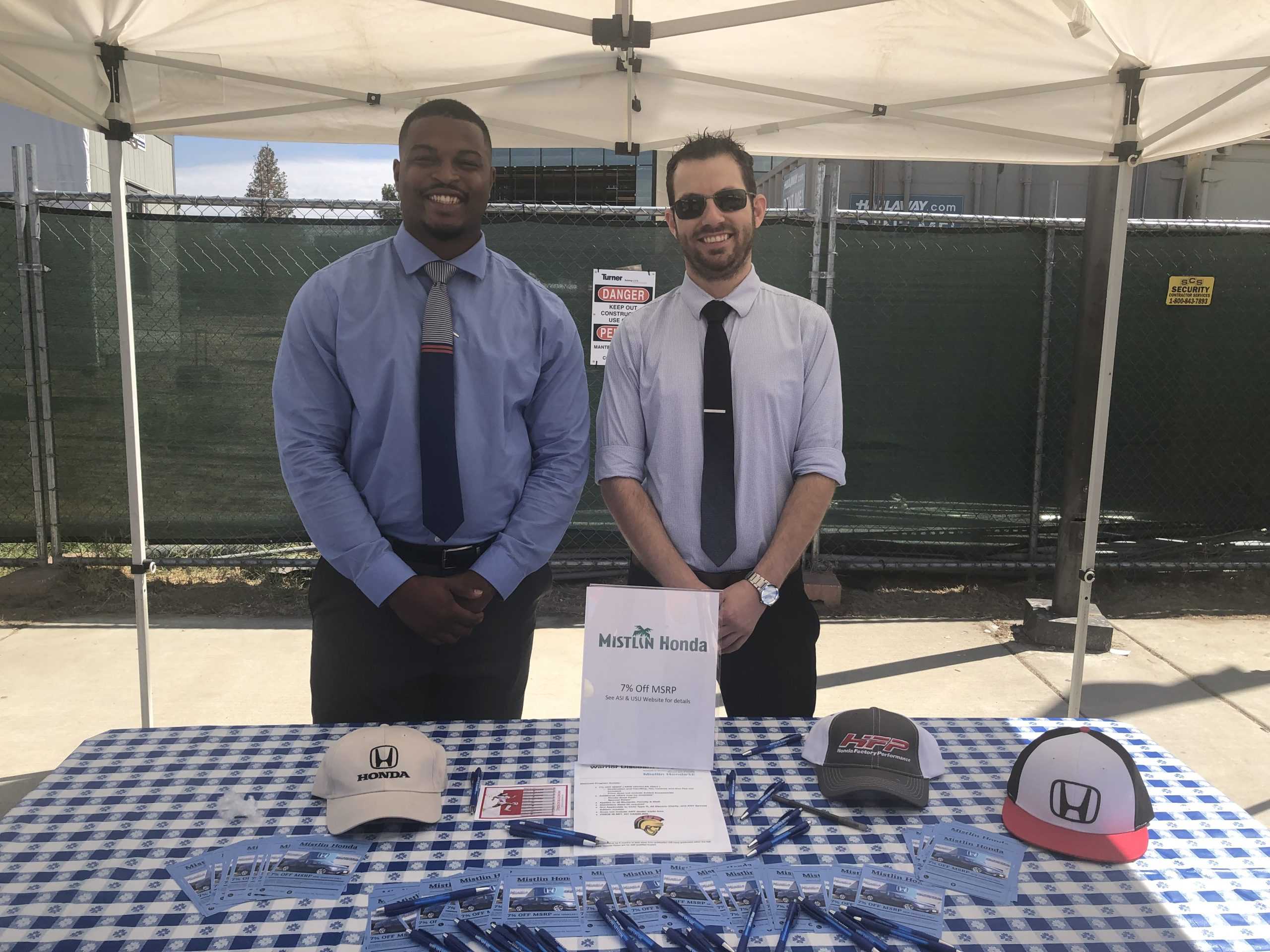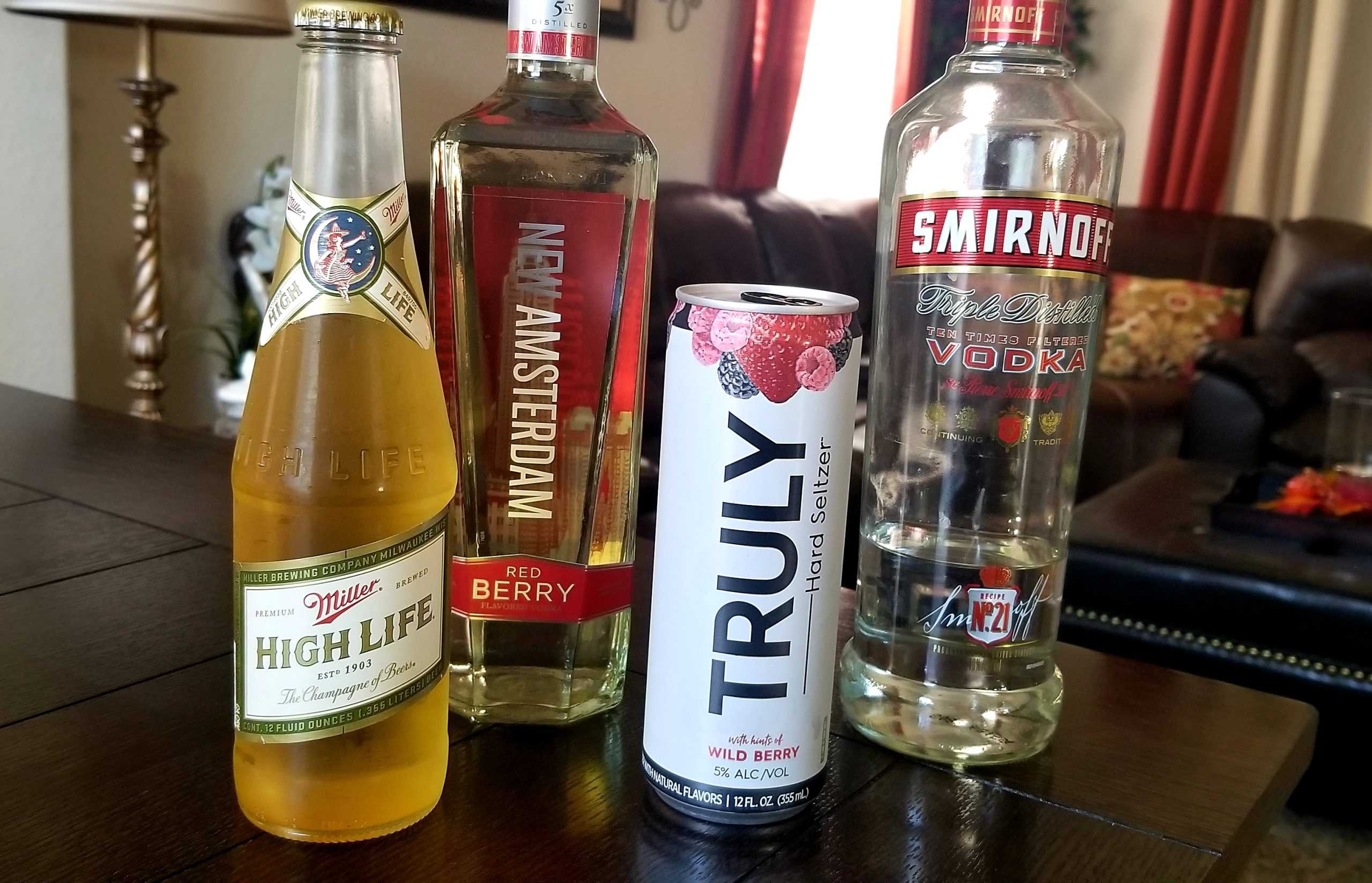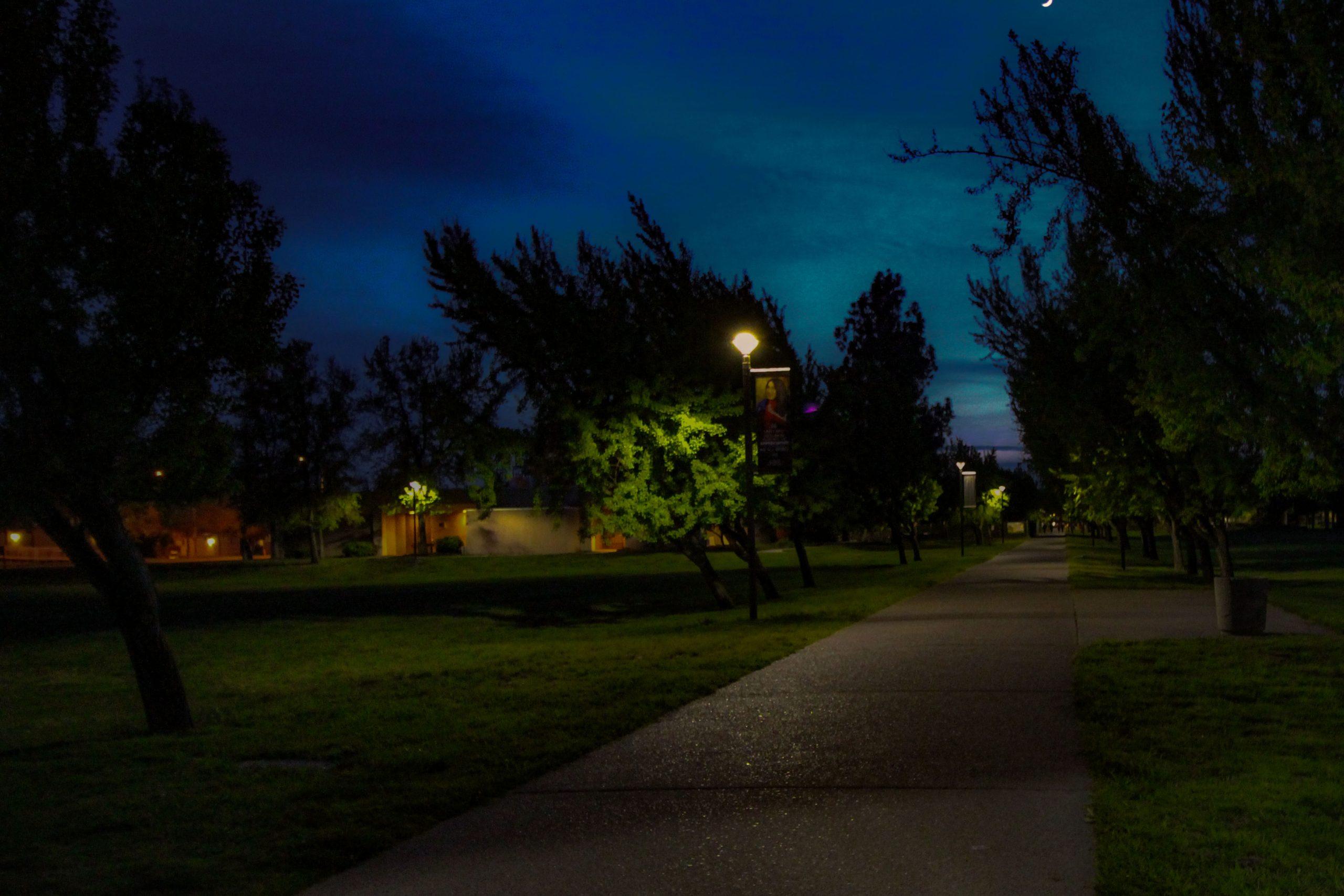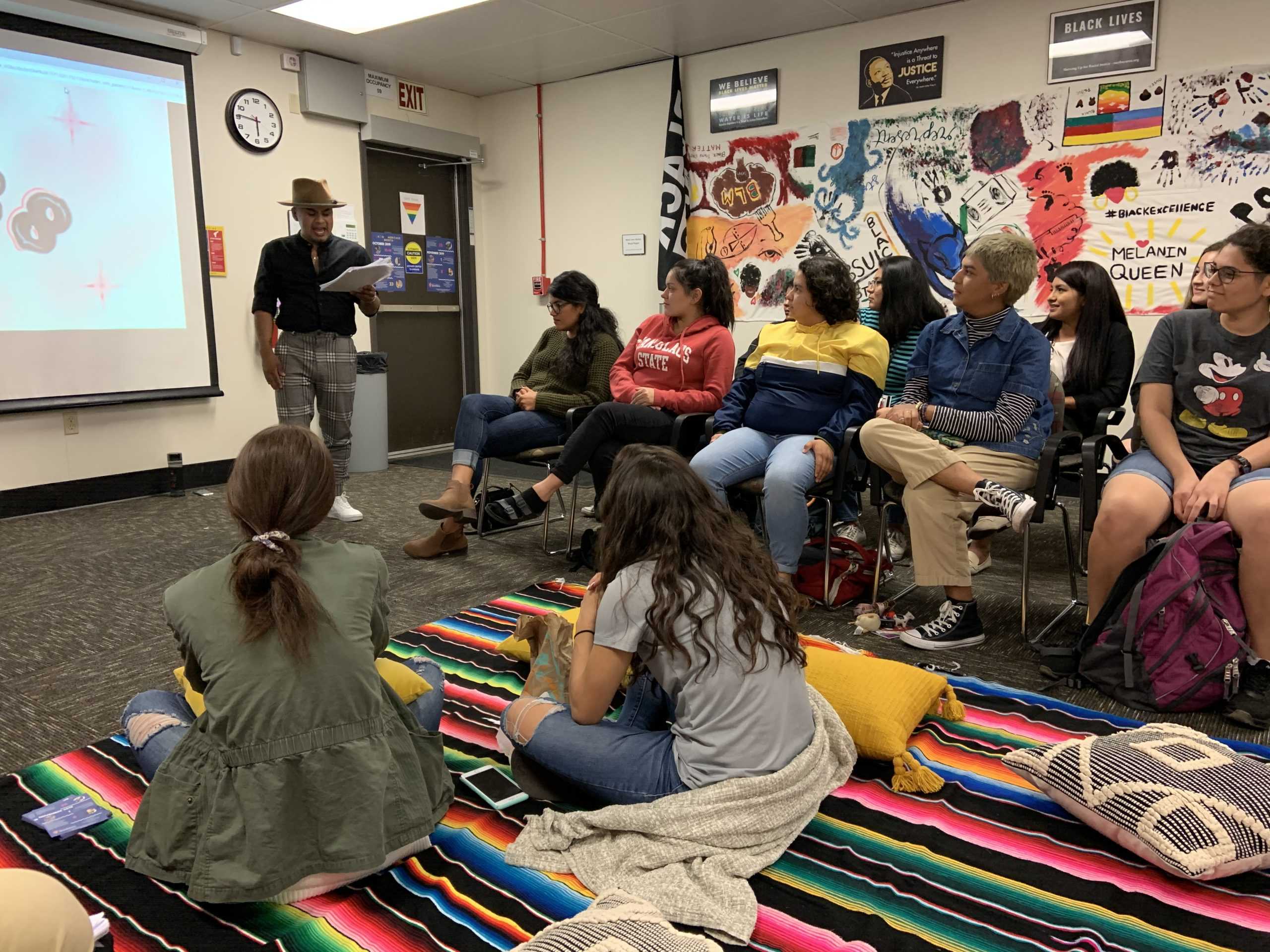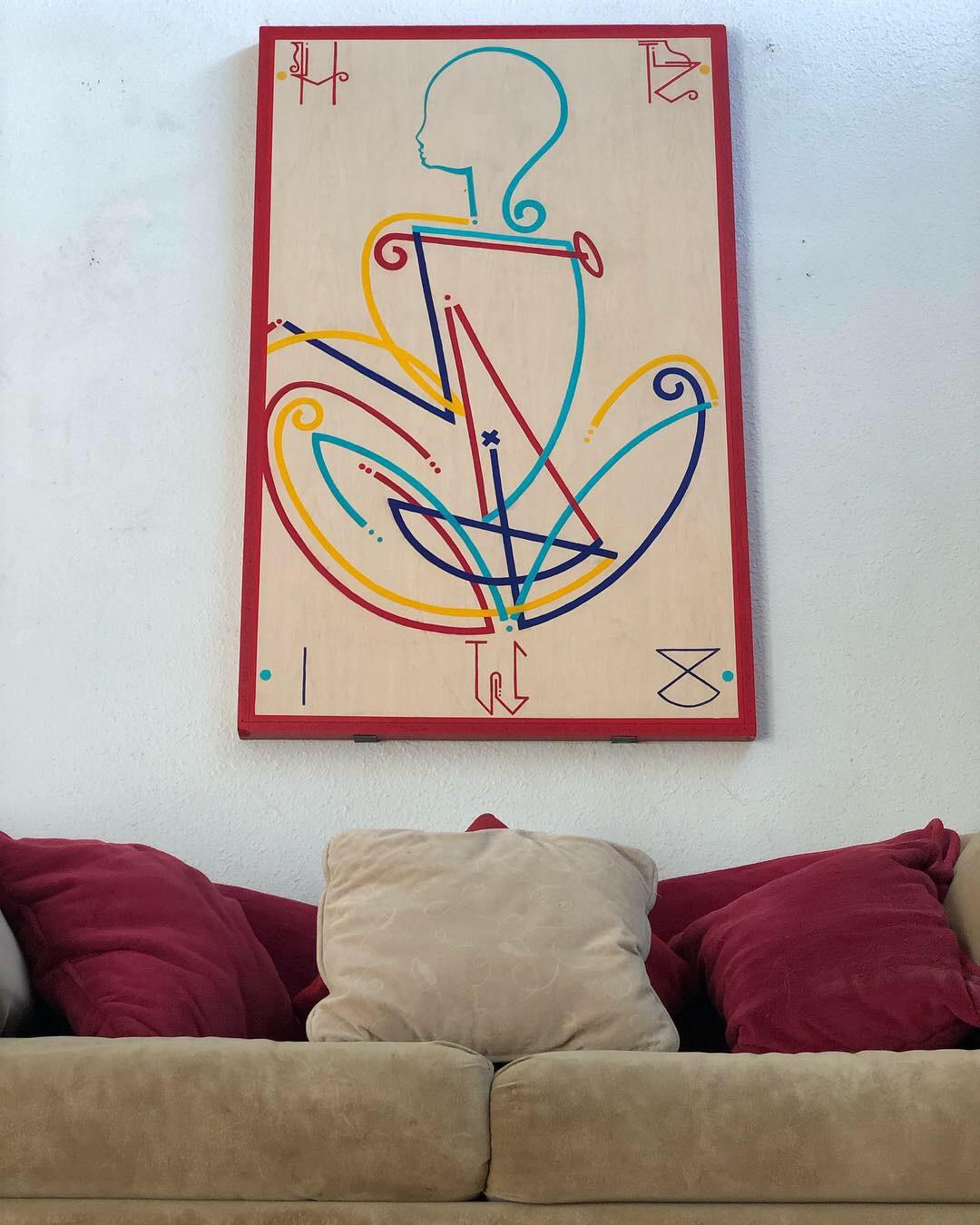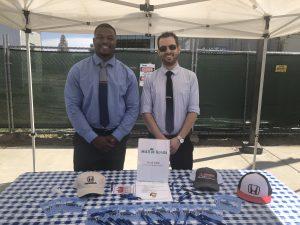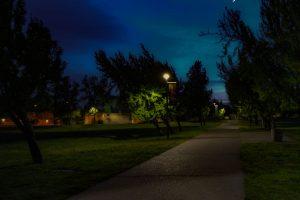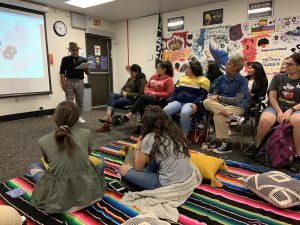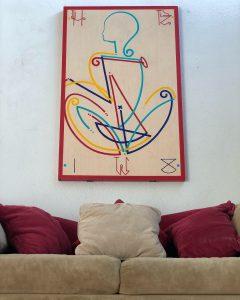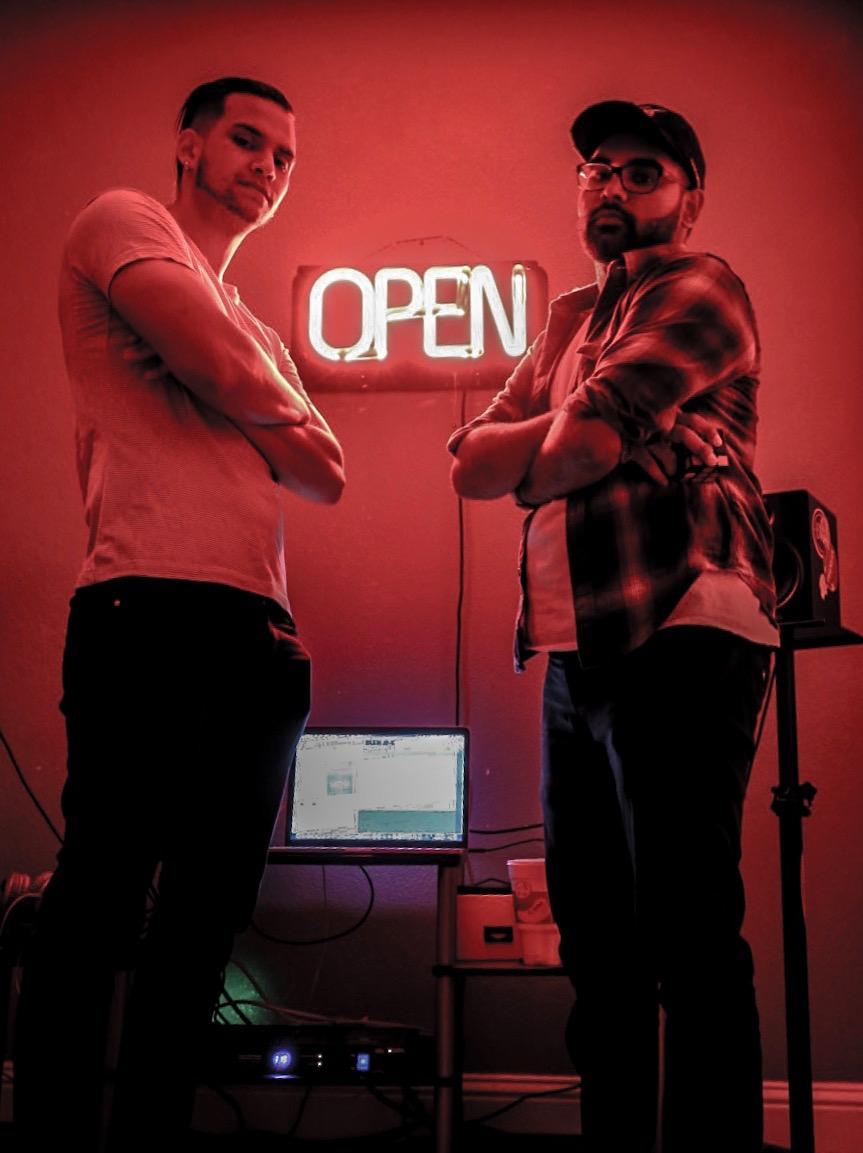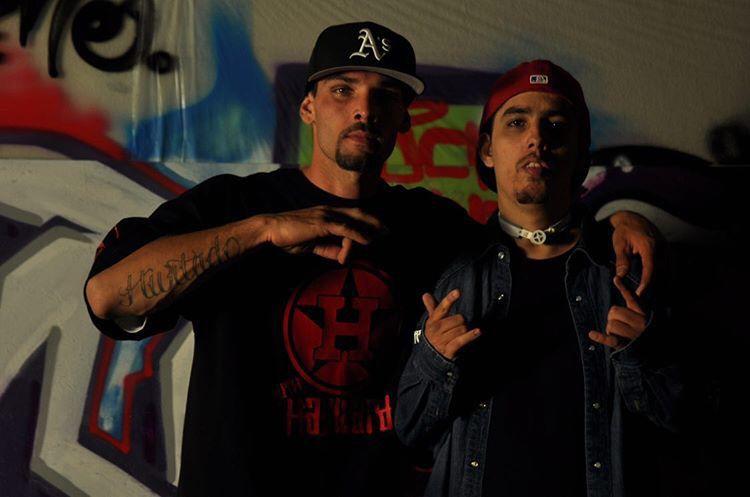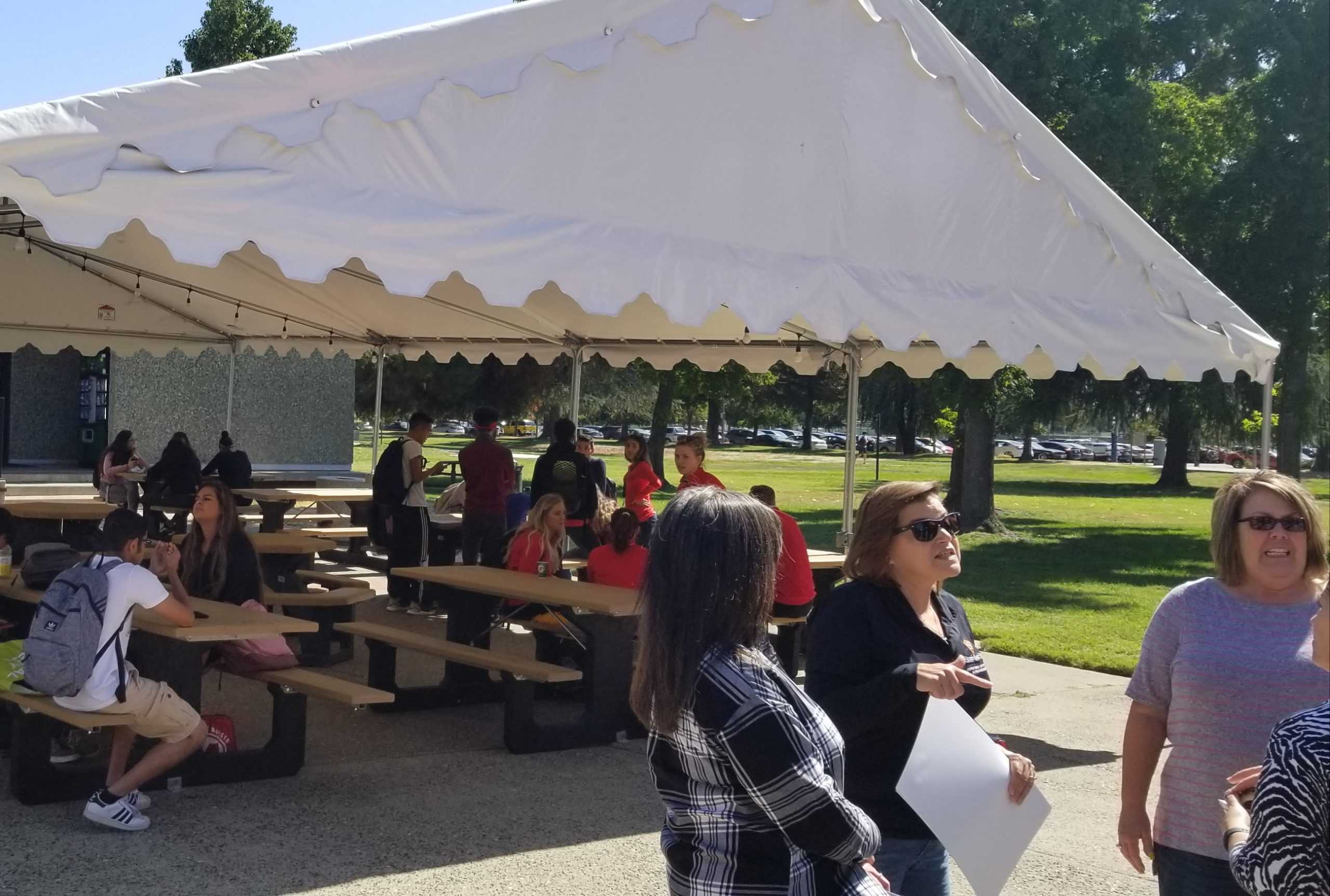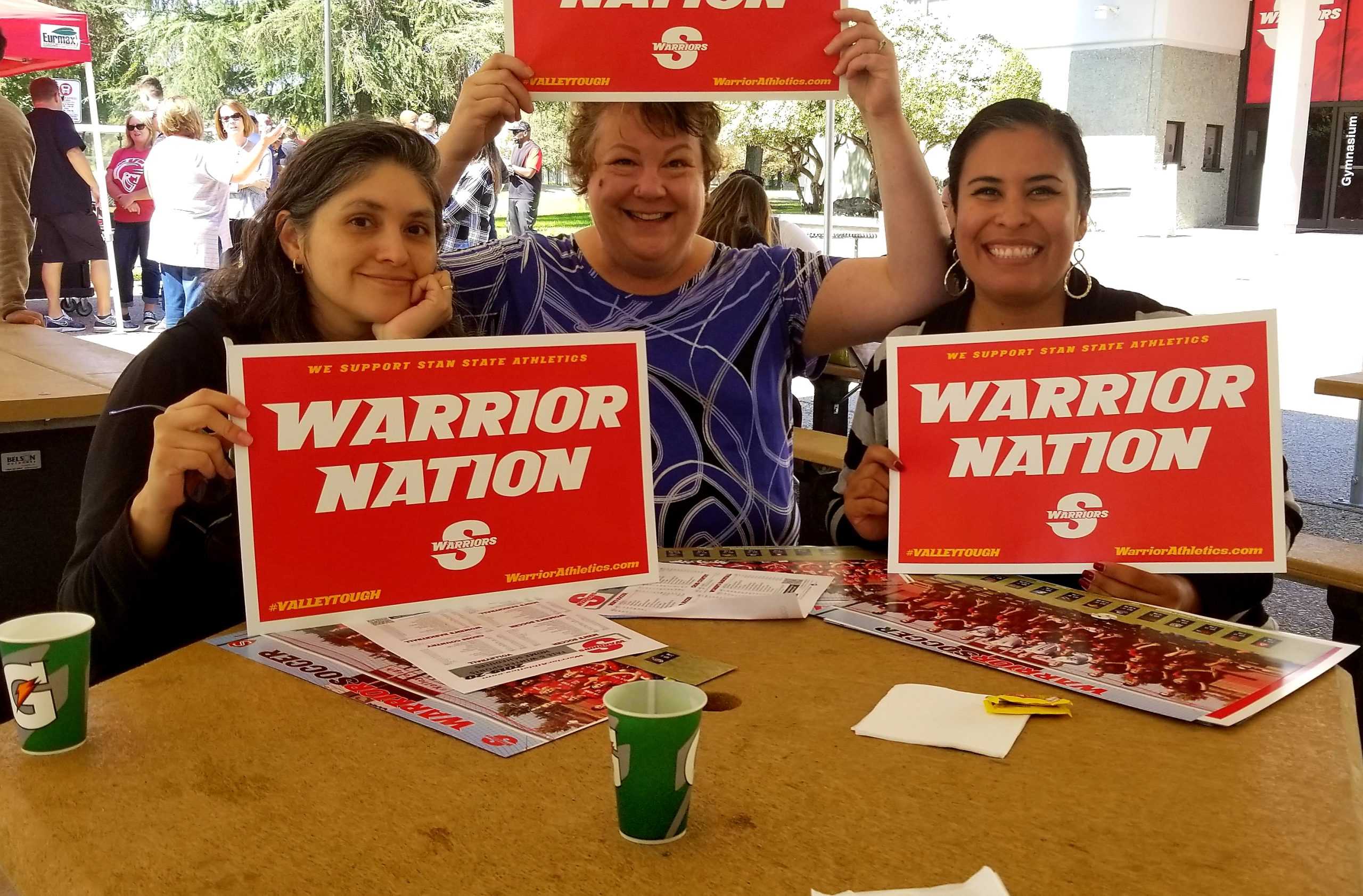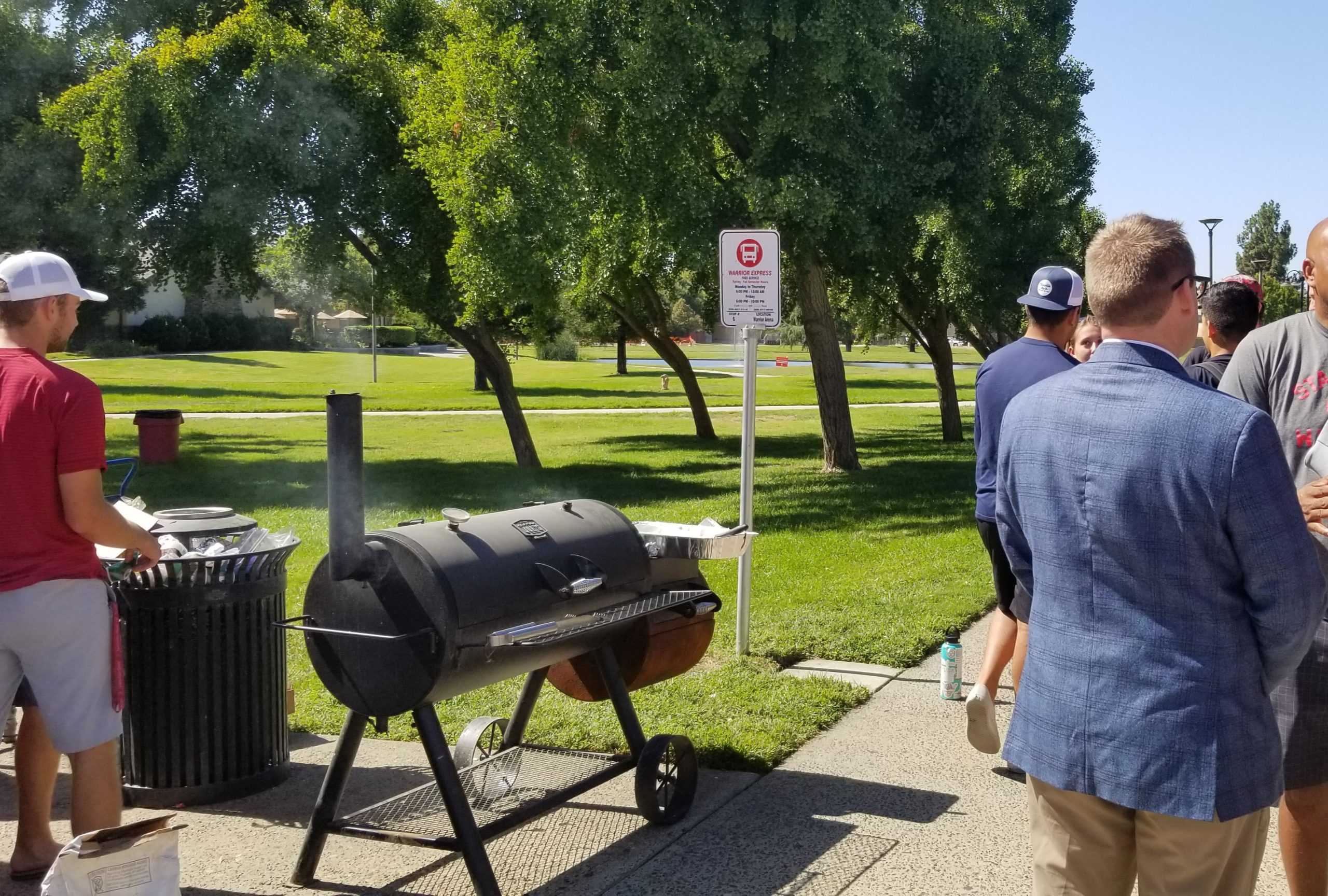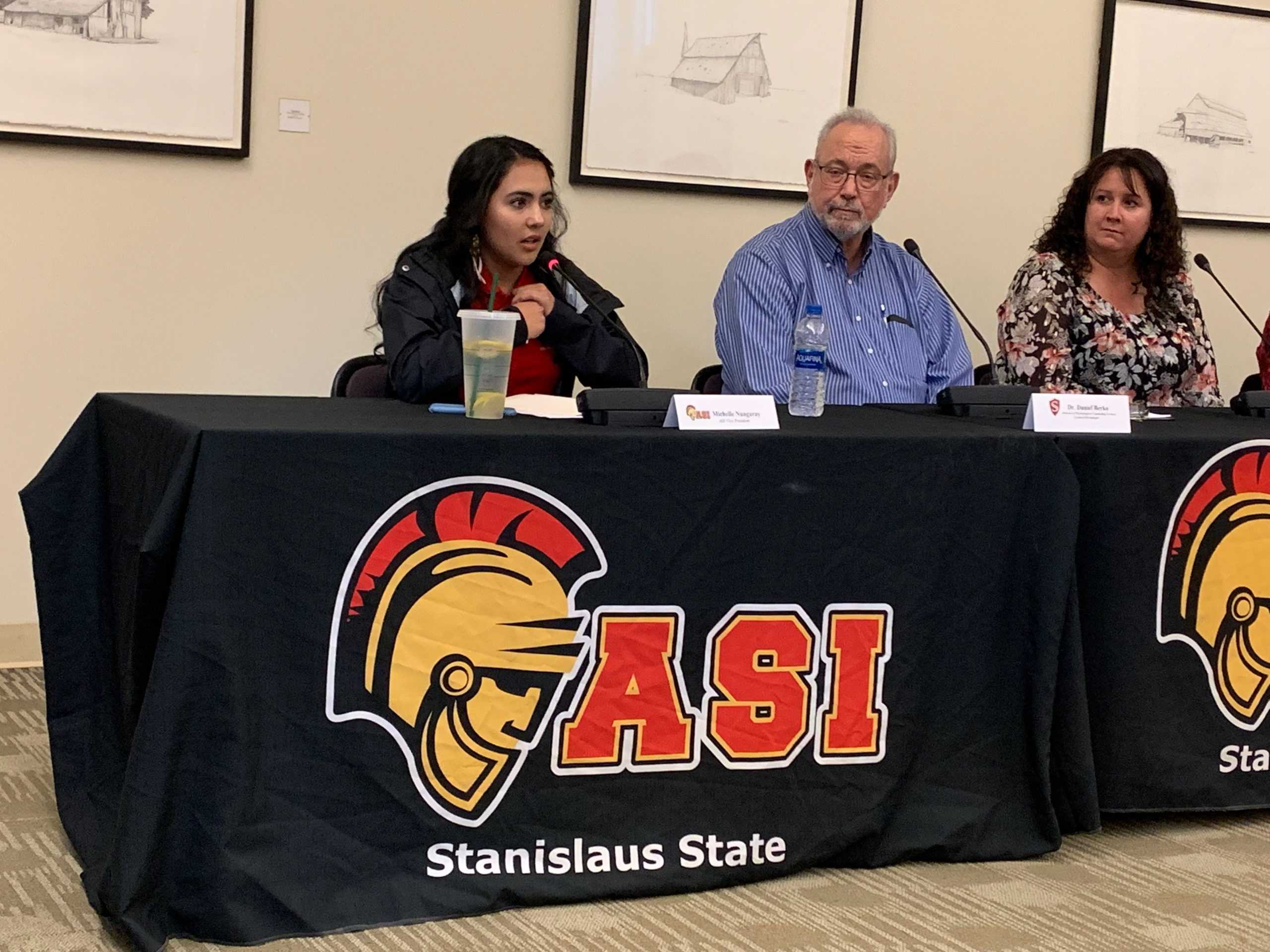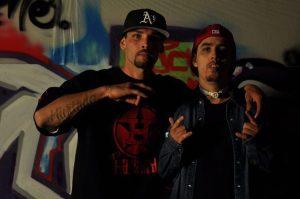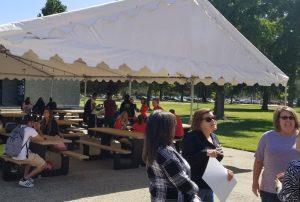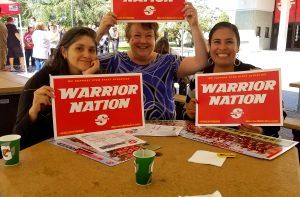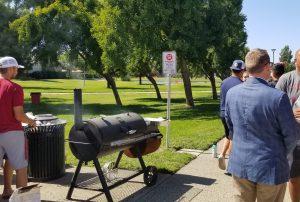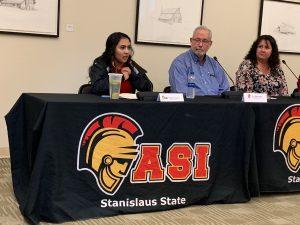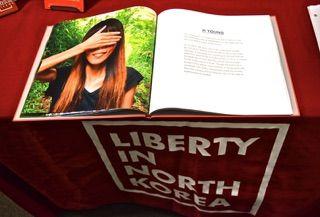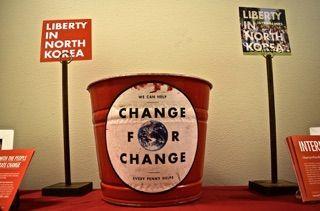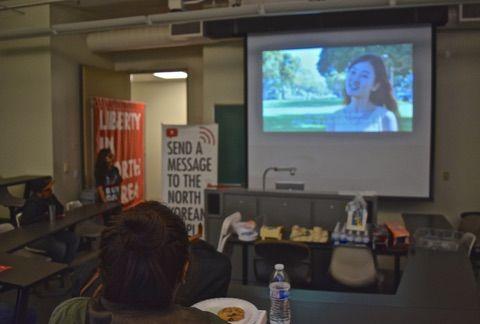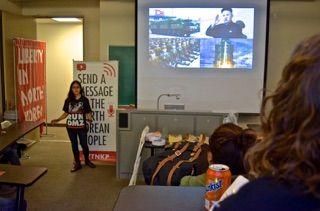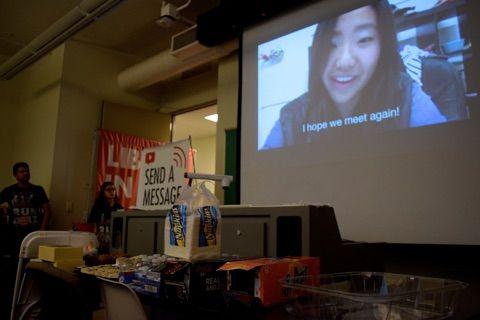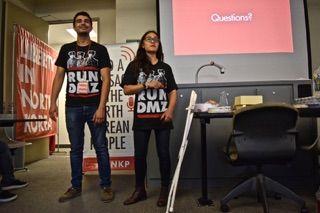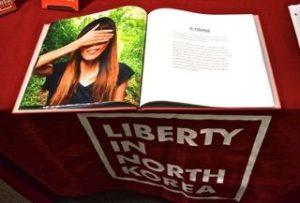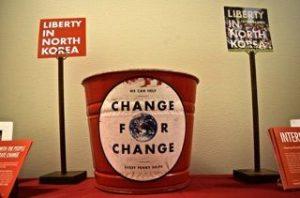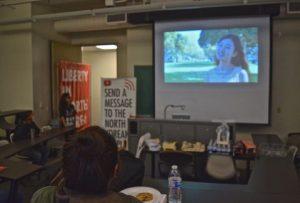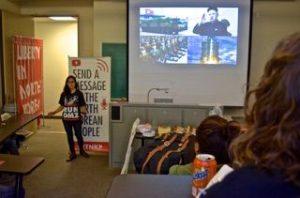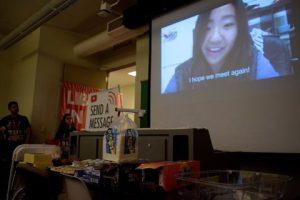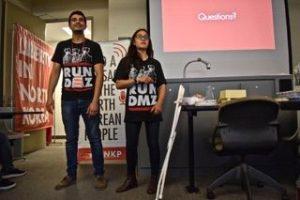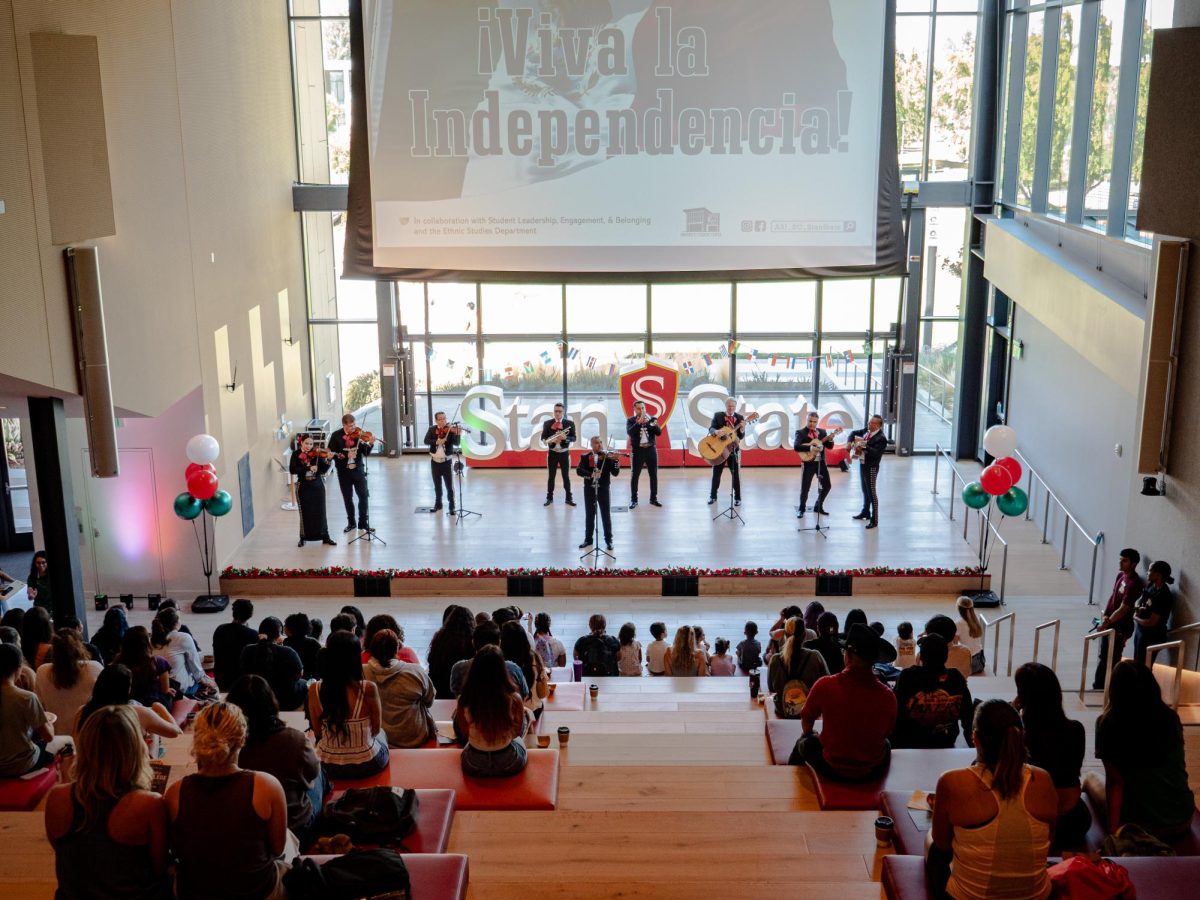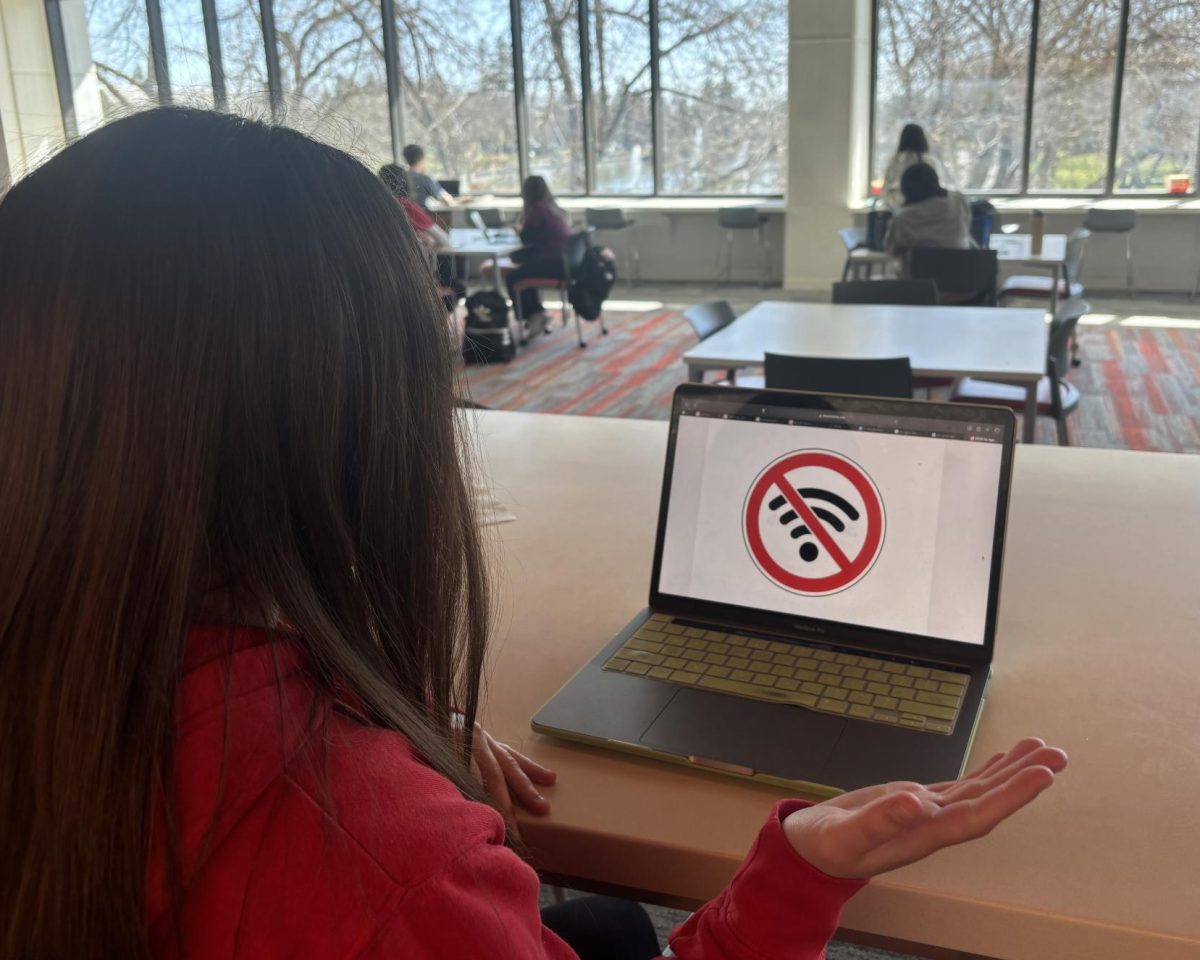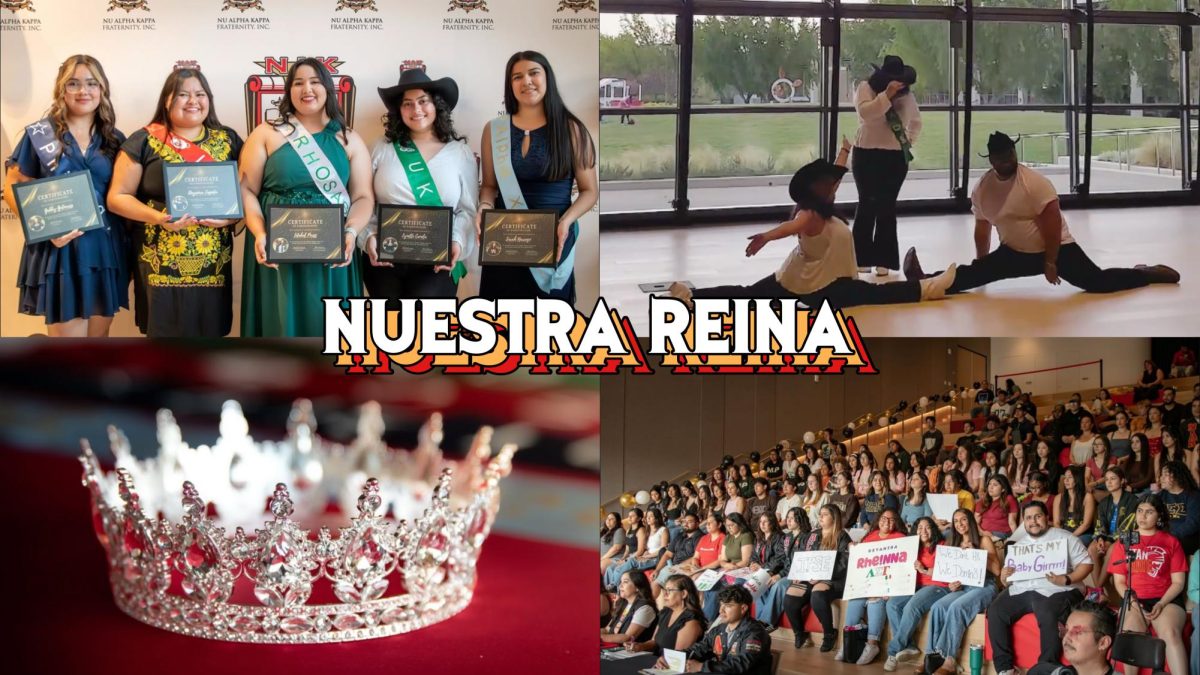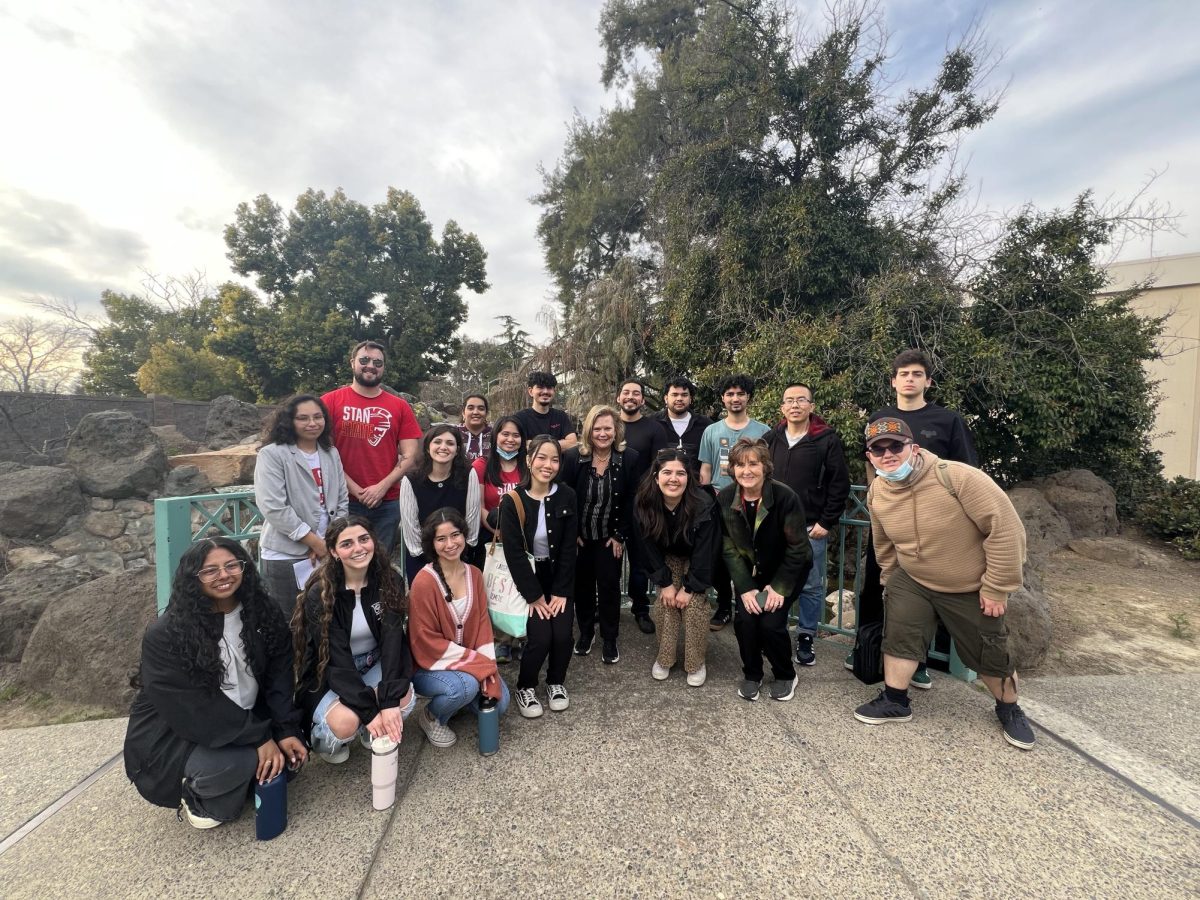About two weeks ago, the non-profit organization Liberty in North Korea (LiNK) launched a video message campaign titled TO: the North Korean People. This campaign– that can be identified on social media with the hashtag #TTNKP– is a way for anyone across the world to send a personal video recording encouraging North Koreans. LiNK has made these videos very accessible to the Democratic People’s Republic of Korea by hosting a website for the recordings, by broadcasting them over a radio signal that cannot be blocked by the Korean government and by distributing them through USB drives to black market distributers.
LiNK recently gave a discussion on March 11 to promote this campaign to students and to illustrate the need for student activity in North Korean affairs. This discussion was led by the two Nomad interns, Haley Mah and Johny Williams Ordóñez Nennig, and hosted by the Asian-Pacific Islanders Club.
“I’m sure when I say North Korea, these are some of the first things that come to mind: nuclear weapons, the Kim family, and [the movie] The Interview,” Mah said. “But by the end of this talk, I want to replace some of these first impressions with something more like this: North Korean people, hope, and change.”
About 24 million people currently live in North Korea and according to the United Nations these people suffer from their government’s “crimes against humanity entail[ing] extermination, murder, enslavement, torture, imprisonment, rape, forced abortions and other sexual violence, persecution on political, religious, racial, and gender grounds, the forcible transfer of populations, the enforced disappearance of persons and the inhumane act of knowingly causing prolonged starvation.”
Other than sending messages of support to the North Korean people, LiNK works with partners in China to help refugees along a 3,000 mile underground railroad. The resettlement programs in South Korea provided by LiNK help refugees remain anonymous, while also giving them a voice to communicate their stories with the world.
One of these refugees, Sun Mu, was actually a pro-North Korean propaganda artist until he escaped and began partnering with LiNK. Now his anti-North Korean art, one piece depicting a young North Korean girl drinking a Coca-cola, is displayed on t-shirts. Another refugee, Joo Ri, was sentenced to over a year in a labor camp after getting caught sneaking across the border into China. Her sixth and final attempt at escape she was able to connect with LiNK’s network giving her a chance to start her life over in South Korea.
LiNK also provides internships that are not paid. Though interns don’t make money, housing and transportation are not costs that an intern has to think about. The main costs that an intern has to consider are transportation to LiNK headquarters in Los Angeles, and food while interning. These opportunities range from traveling places to promote LiNK to translating to resettlement assistance in the United States to graphic design. Not only do these internships provide college credits, but many of them have little requirements.

